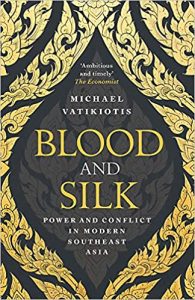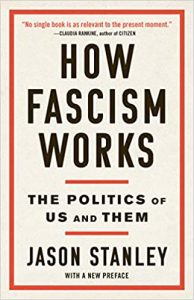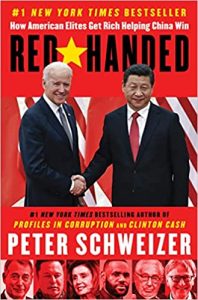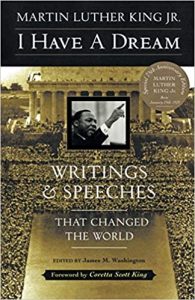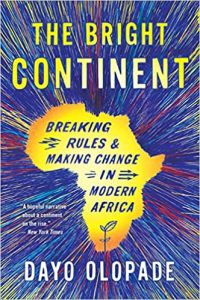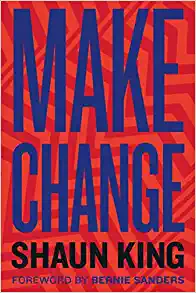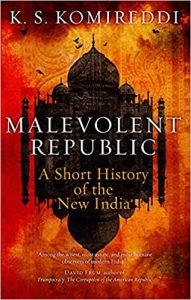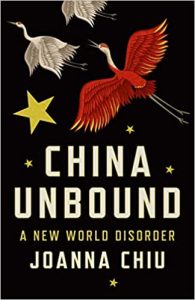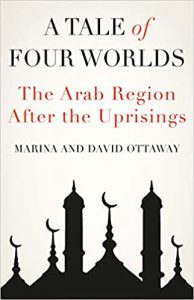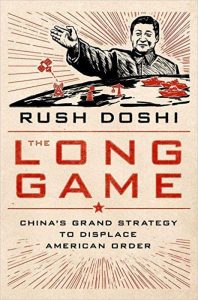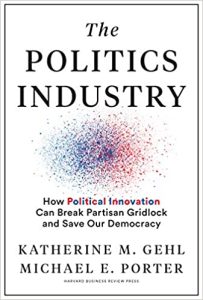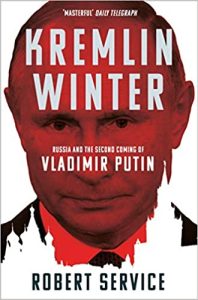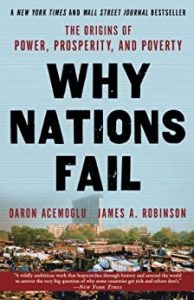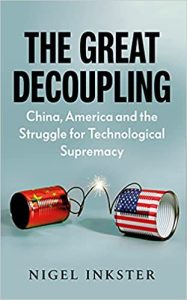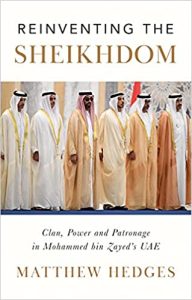Blood And Silk
₦8,000.00Why are the region’s richest countries such as Malaysia riddled with corruption? Why do Myanmar, Thailand and the Philippines harbour unresolved violent insurgencies? How do deepening religious divisions in Indonesia and Malaysia and China’s growing influence affect the region and the rest of the world?
Thought-provoking and eye-opening, Blood and Silk is an accessible, personal look at modern Southeast Asia, written by one of the region’s most experienced outside observers. This is a first-hand account of what it’s like to sit at the table with deadly Thai Muslim insurgents, mediate between warring clans in the Southern Philippines and console the victims of political violence in Indonesia – all in an effort to negotiate peace, and understand the reasons behind endemic violence.

